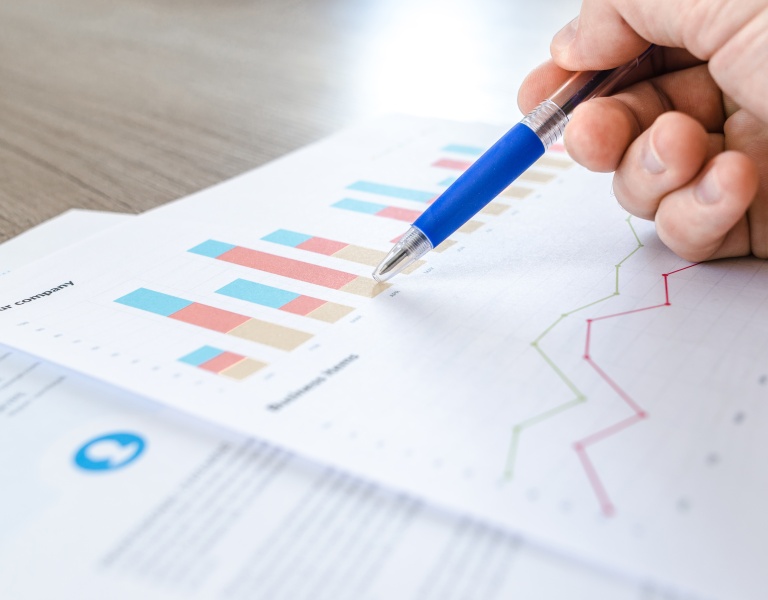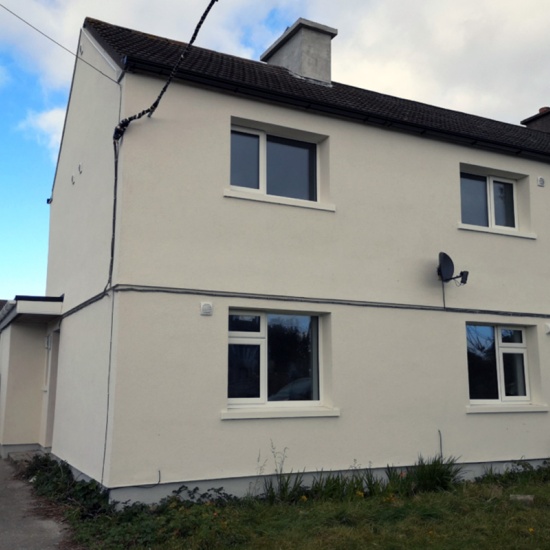What happens during an energy audit?
Conor Molloy, president of the Association of Energy Engineers Ireland Chapter, has been an energy auditor for 15 years. Here he explains to us what exactly is involved in an energy audit for an SME.

Q: Why would a SME get an energy audit?
A: There are usually three main motivations for getting an energy audit:
1. Saving money by reducing energy costs
2. Customers are enquiring about sustainable practices
3. Employees, especially new joiners, are increasingly interested in their workplace's sustainability initiatives
An SME will usually cite one, if not all three, when first contacting an energy auditor.
Q: How does a business prepare for an energy audit?
A: Businesses are asked to share their energy usage with the auditor. This information is already available in their gas, electricity, or oil supplier accounts.
The simplest way is to contact each of your suppliers or go online and set up an extra user account and make that user the auditor. This will give the auditor access to the energy data that they need before the audit.
We would usually call an SME and quickly run through what we need from them as well as share our email template.
The auditors review this energy data before visiting the business.
Q: What happens at the site visit?
A: Depending on the business, I may want to start the visit at 4am because that's when the lights are on. If something is running during the night, I'll want to see it. I may have to return during the daytime too. It can vary.
First, I'll introduce myself to all the staff involved and we'll discuss health and safety protocols i.e., do we need PPE, who is walking around with me etc.
For the walk around, we bring meters, cameras, thermal imagers etc. We don't necessarily use all of them at every site.
The camera is used to take photographs of objects, not people. I often joke with clients that I charge extra for portraits! The photos are useful for us to remember the site. We'll usually only use a few in the actual report.
After the walk around, we'll need some time alone to review. This is a chance to make sure we've covered everything and if not, we can request it there and then. Sometimes there are initial findings such as telling people to 'turn that off straight away'.
"An energy audit is ultimately a positive experience for a business. It's an opportunity for them to reduce energy use and costs, lower their CO2 emissions and show employees and customers that they're taking positive action."
Q: What's the next step?
A: The auditor goes away and collates all the findings in the energy audit report, which is then sent to the SME.
We'll make our recommendations for reducing energy usage across the business. Because we work with SEAI, a public sector body, we can't recommend specific suppliers, but we'll always highlight any available grants or supports from SEAI.
Q: Is there a follow up process?
A: Yes, I like to make a follow up phone call and check what actions have been implemented and what the business has saved. Most businesses taken action and it's a positive conversation. However, if the report didn't prompt any action then I need to review my figures.
If any new grants or supports have become available since we last spoke, I'll point them out. Otherwise, that's the end of the process and it's up to the client to take any further steps.
Q: Do SMEs have good knowledge of their energy use?
A: Yes, and it has improved greatly over the past two years. Usually, they'll know what their biggest energy user is. I think the biggest gap, and this is not unique to Ireland, is that people miss out on transport. People may be aware of their lighting, their ovens, etc. but they need to include their transport as a cost of fuel.
How to get an energy audit
Conor emphasises that "an energy audit is ultimately a positive experience for a business. It's an opportunity for them to reduce energy use and costs, lower their CO2 emissions and show employees and customers that they're taking positive action."
If your organisation is interested in getting an energy audit, apply through SEAI's Support Scheme for Energy Audits (SSEA). It offers financial support for small and medium enterprises (SMEs) to get an energy audit with a SEAI registered energy auditor.
Read more about SSEA



